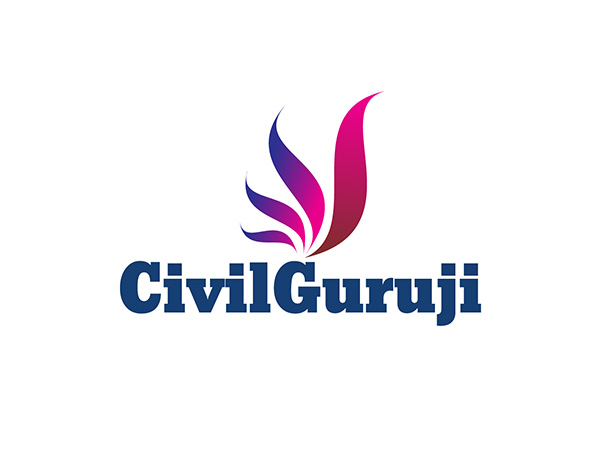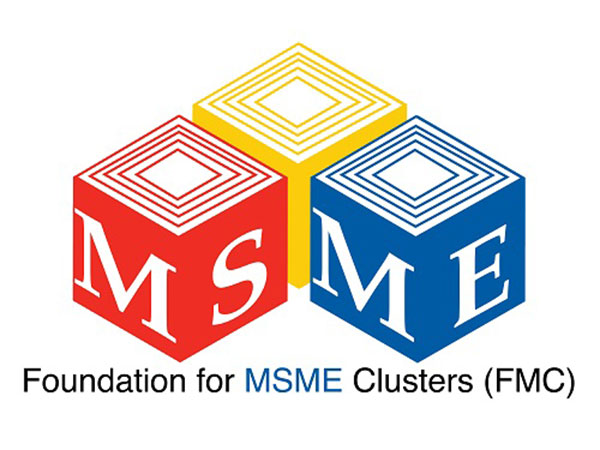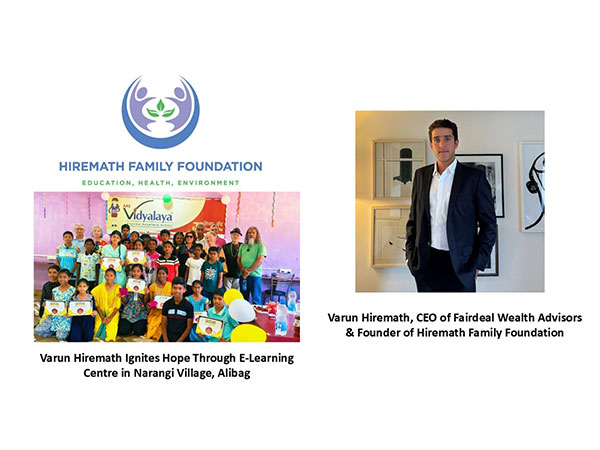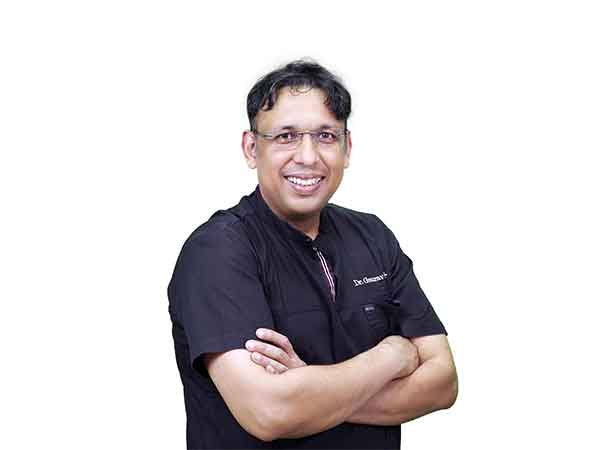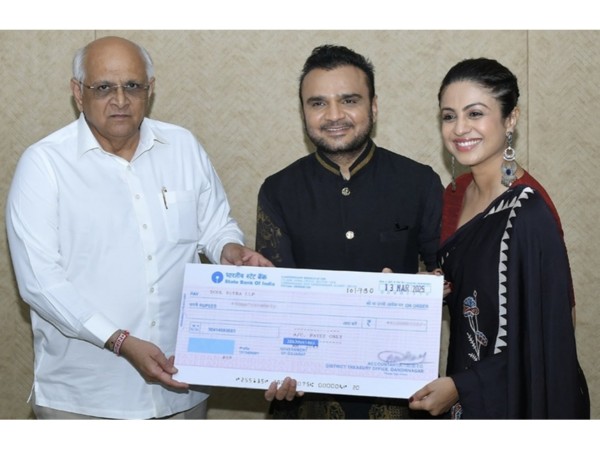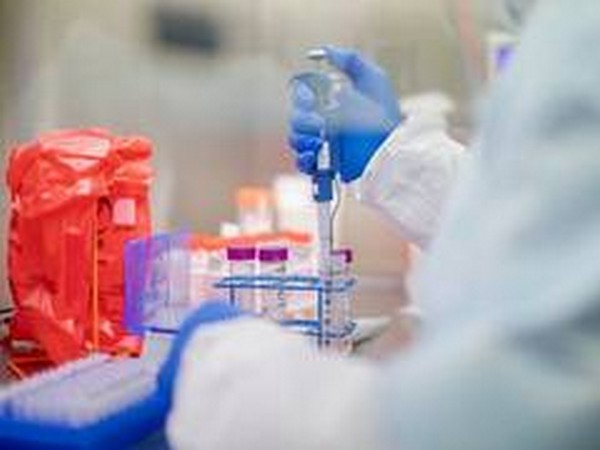
New cases bounce back to near 1,600; virus resurgence in wider Seoul worrisome
Sep 07, 2021
Seoul (South Korea), September 7: South Korea's daily new coronavirus cases rose to slightly below 1,600 on Tuesday while authorities strive to tighten their guard against the pandemic and raise the vaccination rate ahead of a major national holiday.
The country added 1,597 more COVID-19 cases, including 1,563 local infections, raising the total caseload to 263,374, according to the Korea Disease Control and Prevention Agency (KDCA).
The latest caseload was the highest for any Tuesday despite tough social distancing measures in place across the nation over the last two months.
It is up from 1,490 on Sunday and 1,375 on Monday, when new cases usually remain lower than other weekdays due to less testing over the weekend.
Daily cases have stayed in the four-digits for the last 63 days amid the fast rise of the more transmissible variants nationwide.
The country added three more deaths from COVID-19, raising the death toll to 2,330.
Health authorities remain cautious about the hike in new cases in the Seoul metropolitan area, which could spread across the nation when people travel during the fall harvest Chuseok holiday, set for Sept. 20-22.
Among the locally transmitted cases, 66.4 percent were from the Seoul metropolitan area, home to half of the nation's population.
Although the number of additional cases slightly fell over the past week, those in the Seoul metropolitan area have continued rising over the past three weeks due to cluster infections in workplaces, schools and other multi-use facilities, authorities, said.
Ahead of the holiday, authorities decided to extend the current distancing measures -- Level 4 in the greater Seoul area, which is the highest in the four-tier system, and Level 3 in other regions -- for another four weeks through Oct. 3.
Despite the stringent curbs, some restrictions were eased to give leeway to vaccinated people and allow more students to take in-person classes to mitigate the prolonged pandemic's impact on the local economy.
Under new guidelines, up to six people are allowed to gather in the capital area if they include at least two vaccinated people during the daytime and four after 6 p.m.
Restaurants and bars in the greater Seoul area are allowed to operate until 10 p.m., an hour later than the current restriction of 9 p.m.
The cap on in-person attendance was relaxed to allow more students to take offline classes to address widening education inequality amid the prolonged pandemic.
For skincare clinics, spas and massage parlors, which offer mask-off services, authorities said they will tighten quarantine regulations to prevent spread of the virus in the more vulnerable settings.
Authorities urged people to continue to take precautions under the revised distancing scheme meant to flatten the virus curve and move a step closer to the government's plan to adopt a new COVID-19 policy aimed at gradually going back to normal.
"There are possibilities of a virus resurgence, because schools expanded in-person classes, universities reopened and people have increased activities to prepare for the Chuseok holiday," Vice Minister of Health and Welfare Kang Do-tae said in a virus response meeting. "If people let their guard loose and the virus resurges, the goal of recovering back to normal can be threatened."
A total of 30.7 million people, or 59.9 percent of the country's 52 million population, have received their first shots of COVID-19 vaccines, and 18.4 million people, or 35.8 percent, have been fully vaccinated, the KDCA said.
The country plans to provide at least one jab to 70 percent of the population by the end of September to create herd immunity in November.
As additional batches of Moderna and Pfizer vaccines are expected to arrive from Romania on Wednesday, authorities were optimistic about the vaccination goal before the Chuseok holiday.
Currently, those aged 18-49 are receiving their jabs, following inoculations on priority groups, including the elderly population and healthcare workers.
Of the newly confirmed domestic cases, 477 were from Seoul, 474 from the surrounding Gyeonggi Province and 87 from the western port city of Incheon.
Imported cases, which include South Korean nationals, came to 34.
The number of patients with serious symptoms across the country reached 364, up 6 from the previous day.
The total number of people released from quarantine after making full recoveries was 235,225, up 1,530 from a day earlier.
Source: Yonhap



